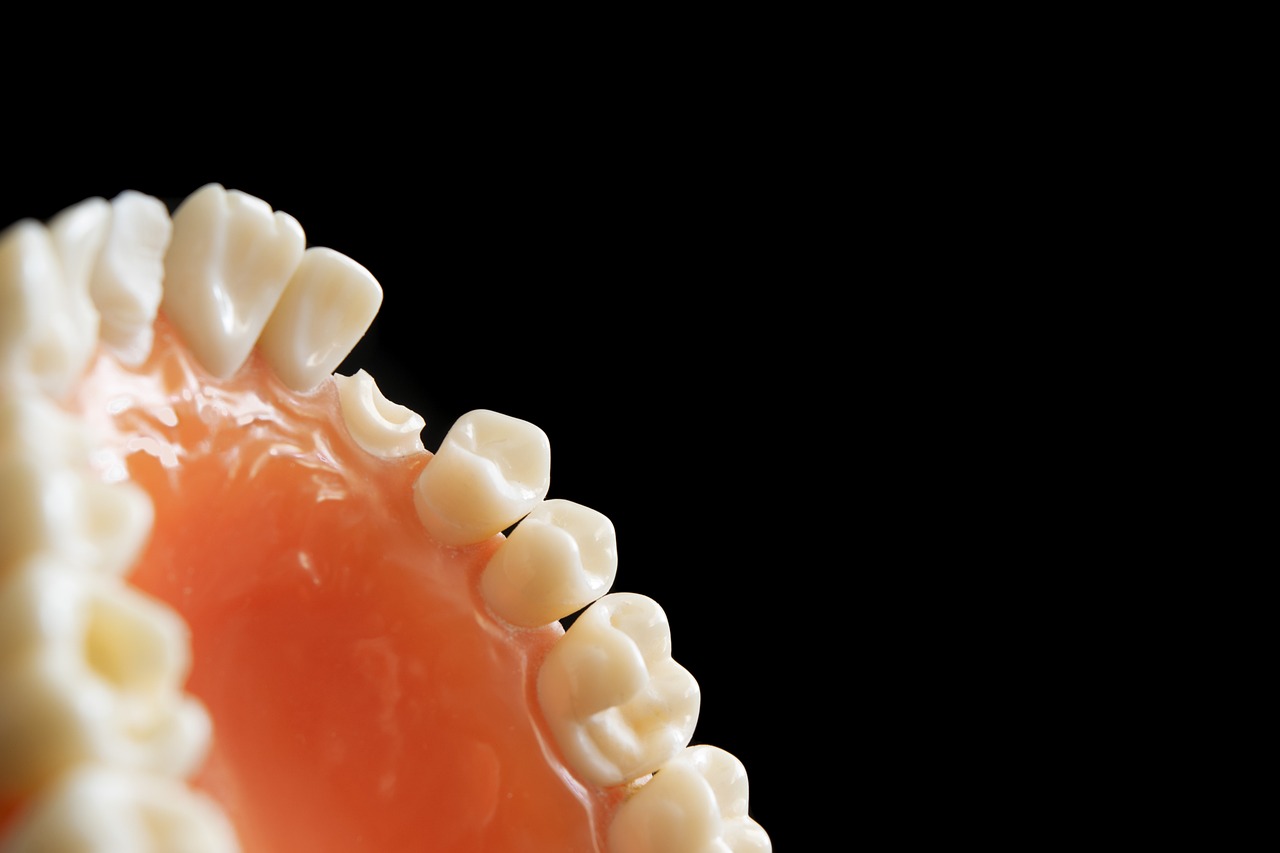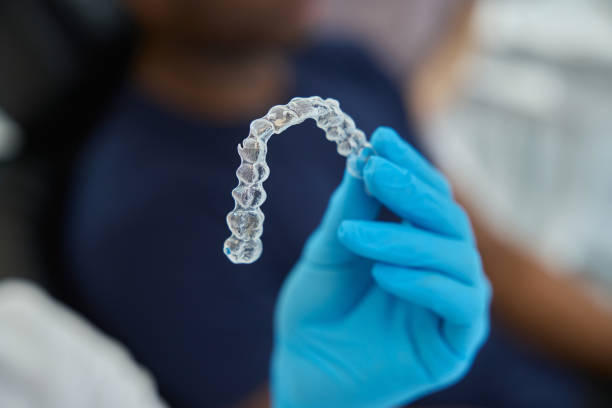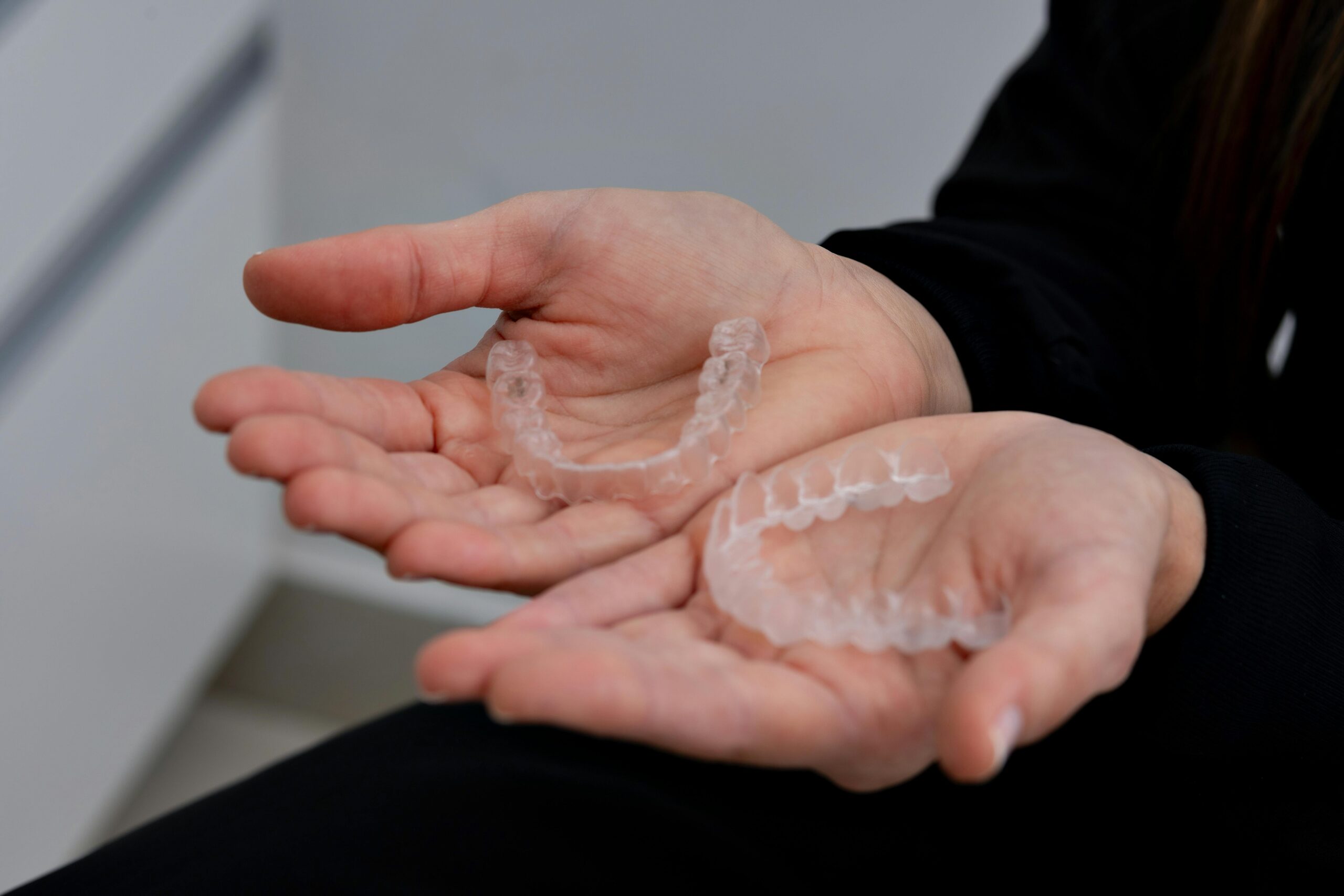Clear Teeth Aligners Clear teeth aligners have become a popular alternative to traditional braces, with the leading brand Invisalign standing out in …
What causes tooth bone loss?
Tooth loss is a prevalent dental condition affecting individuals of all ages. While it can be a concerning experience, recognising its underlying causes and adopting preventive measures are crucial for maintaining optimal oral health. In this article, we will explore the factors that lead to tooth loss and provide strategies to safeguard your teeth.

What is tooth bone loss?
Tooth loss is the condition of missing one or more teeth. It can occur for various reasons, including dental caries (tooth decay), gum disease, trauma, or genetic factors. Tooth loss can profoundly affect an individual’s oral health, appearance, and overall quality of life. Understanding the causes of tooth loss is crucial for implementing preventive measures and seeking appropriate treatment. Various causes of tooth loss include:
Tooth decay and dental caries: One of the primary causes of tooth loss is dental caries, commonly known as tooth decay. Dental caries is a bacterial infection that destroys the tooth’s hard tissues, including the enamel, dentine, and cementum. The bacteria in plaque, a sticky film that forms on the teeth, produce acids that erode the tooth’s surface, creating cavities or holes.
If left untreated, dental caries can progress to the tooth’s inner layers, reaching the pulp chamber and causing an infection known as pulpitis. At this stage, root canal treatment or extraction may be necessary to alleviate the pain and prevent further complications.
Periodontal disease: Periodontal disease, also known as gum disease, is another significant cause of tooth loss. This condition is characterised by inflammation and infection of the gums and the supporting structures of the teeth, including the bones and ligaments.
Periodontal disease can be classified into two main stages:
-
- Gingivitis is the initial stage of gum disease, characterised by red, swollen, and bleeding gums. It is typically caused by poor oral hygiene and can be reversed with proper treatment and improved oral care practices.
-
- Periodontitis: If left untreated, gingivitis can progress to periodontitis, a more severe form of gum disease. Periodontitis affects the supporting structures of the teeth, leading to the formation of periodontal pockets, bone loss, and eventual tooth loosening and loss.
Trauma: Accidents, injuries, or sports-related incidents can cause tooth fractures, avulsions (complete displacement of the tooth from its socket), or other dental injuries that may cause tooth extraction.
Congenital conditions: Certain genetic or developmental disorders, such as ectodermal dysplasias or cleft lip and palate, can affect the formation and development of teeth, leading to missing or malformed teeth.
Medical Conditions: Systemic diseases like diabetes, osteoporosis, and certain types of cancer can increase the risk of tooth loss by affecting oral health or compromising the body’s ability to fight infections.
Lifestyle Factors: Poor oral hygiene practices, smoking, excessive alcohol consumption, and a diet high in sugary and acidic foods can increase the risk of tooth decay and gum disease, ultimately leading to tooth loss.
How to take better care of your teeth?
Maintaining good oral hygiene practices and seeking regular dental check-ups are crucial for preventing tooth loss. Here are some tips for better tooth care:
Proper oral hygiene routine: Proper oral hygiene prevents tooth loss. Brushing teeth twice daily with fluoride-containing toothpaste, using proper brushing techniques, is essential for removing plaque and preventing tooth decay. Flossing daily helps remove plaque, reducing the risk of gum disease and subsequent tooth loss. Antimicrobial mouthwash eliminates harmful bacteria and prevents dental problems that could lead to tooth loss.
Regular dental check-ups and cleanings: Regular dental checkups, professional cleanings, and examinations are essential for the early detection and treatment of dental problems and to avoid tooth loss. Visit a dentist regularly to monitor the condition of your teeth and gums and prevent tooth decay.
Healthy diet and lifestyle choices: A balanced diet rich in calcium, vitamin D, vitamin C, and other essential nutrients supports strong teeth and gums. Excessive consumption of sugary, acidic foods and drinks contributes to tooth decay and enamel erosion. Smoking and excessive alcohol consumption elevate the risk of gum disease, oral cancer, and subsequent tooth loss.
Protective measure: Proper protective equipment during sports or activities reduces the risk of dental trauma, tooth injuries and fractures. It is essential to avoid habits that can damage teeth over time, such as teeth grinding. Preventive treatments such as dental sealants and other measures advised by a dentist reduce the risk of tooth decay or erosion and protect tooth structure.
How can we help at the Harley Street Implant Centre?
Tooth bone loss can have significant consequences for an individual’s oral health, appearance, and overall well-being. By understanding the causes of tooth loss, such as dental caries, periodontal disease, trauma, and other contributing factors, one can take proactive steps to maintain good oral hygiene and seek timely treatment. Regular dental check-ups, a balanced diet, and a commitment to proper oral care practices can go a long way in preventing tooth loss and maintaining a healthy, functional smile.
At the Harley Street Implant Centre, we provide the most up to date care available for your teeth and ensure you are well informed on how to look after them best. Schedule an appointment with our lead clinician and dental expert, Dr Anthony James to help you understand why you may suffering from tooth loss and how to tackle it successfully.
What is Composite Bonding? A comprehensive guide for patients Composite bonding has become a very popular cosmetic treatment, particularly for those seeking …
Add Your Heading Text Here Invisalign Tips and Tricks Invisalign is a modern alternative to the traditional braces. It is what it …
Invisalign vs Braces In the realm of orthodontics and dentistry, a common dilemma for patients is choosing between Invisalign vs braces. Both …



